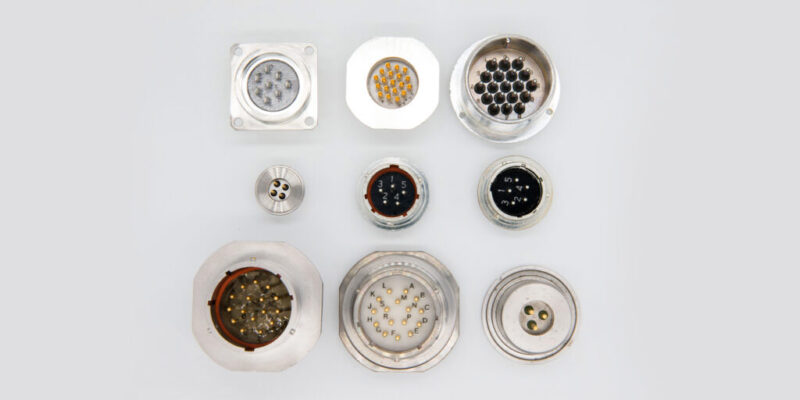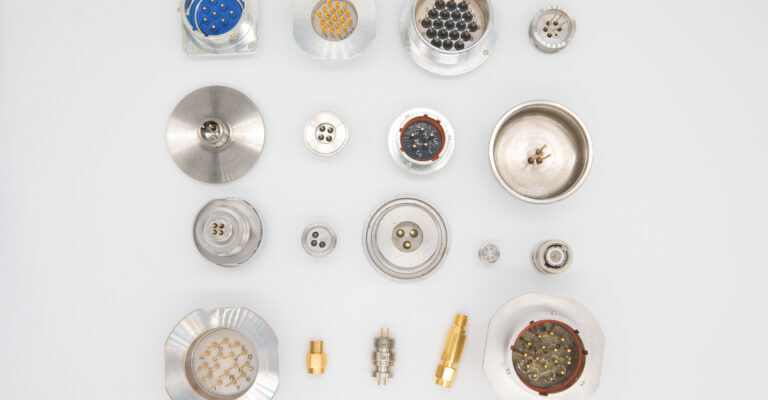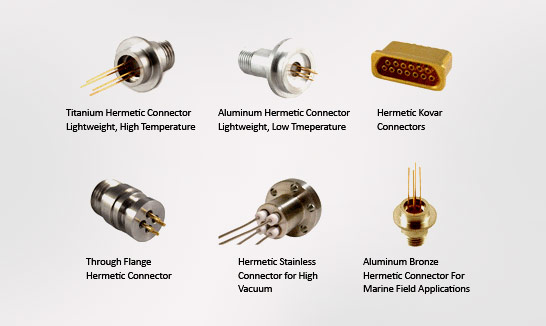Understanding Hermetic Seal Connectors
Hermetic seal connectors are engineered to provide dependable electrical connections while maintaining an air-tight and gas-tight seal across pressure boundaries. Their primary function is to prevent gases, moisture, and contaminants from entering sealed systems where environmental exposure could otherwise lead to corrosion, signal degradation, or mechanical failure. In hermetic systems, these connectors serve as a critical interface between internal electronics and external environments, ensuring long-term performance and protection.
Hermetic Sealing Across Pressure Boundaries
In hermetic interconnect applications, hermetic seal connectors prevent gas transmission through connector interfaces, even when penetrating pressurized bulkheads or sealed equipment housings. This capability is essential in systems exposed to pressure differentials, vibration, and temperature variation. Proper hermetic sealing preserves stable internal conditions and protects sensitive electronics from external contamination, making these connectors indispensable in high-reliability environments.
Design Options and Sealing Technologies
Complete Hermetics designs and manufactures hermetic seal connectors using advanced glass-to-metal and ceramic-to-metal sealing technologies. These connectors are available in both circular and rectangular configurations, with customizable contact counts, pin sizes, shell styles, and mounting options. Materials such as stainless steel, Kovar, titanium, and aluminum are carefully selected to meet mechanical strength, corrosion resistance, and environmental performance requirements.
Electrical Performance and Long-Term Reliability
In addition to acting as pressure barriers, hermetic seal connectors must maintain consistent electrical performance over extended service lifetimes. Stable contact resistance, insulation integrity, and precise mechanical alignment are essential to avoid intermittent faults or signal loss. Hermetic sealing minimizes oxidation and moisture ingress, reducing maintenance needs and significantly extending connector service life in demanding applications.
Industries and Applications
Hermetic seal connectors are widely used in aerospace systems, medical devices, offshore drilling equipment, industrial automation, energy infrastructure, and defense applications, where exposure to harsh environments is unavoidable and failure is not an option.
Why Choose Complete Hermetics
Complete Hermetics designs and manufactures hermetic seal connectors, hermetically sealed connectors, hermetic feedthroughs, and hermetic headers for demanding applications. In addition to connector solutions, the company offers vacuum feedthroughs, battery end seals, TO headers, and custom hermetic assemblies tailored to specific requirements. With deep engineering expertise and flexible manufacturing, Complete Hermetics delivers interconnect solutions built for reliability in extreme environments.
Contact Info:
- Contact Form: https://www.completehermetics.com/contact-us/
- Phone: 714-265-1238
- Email: info@completehermetics.com



